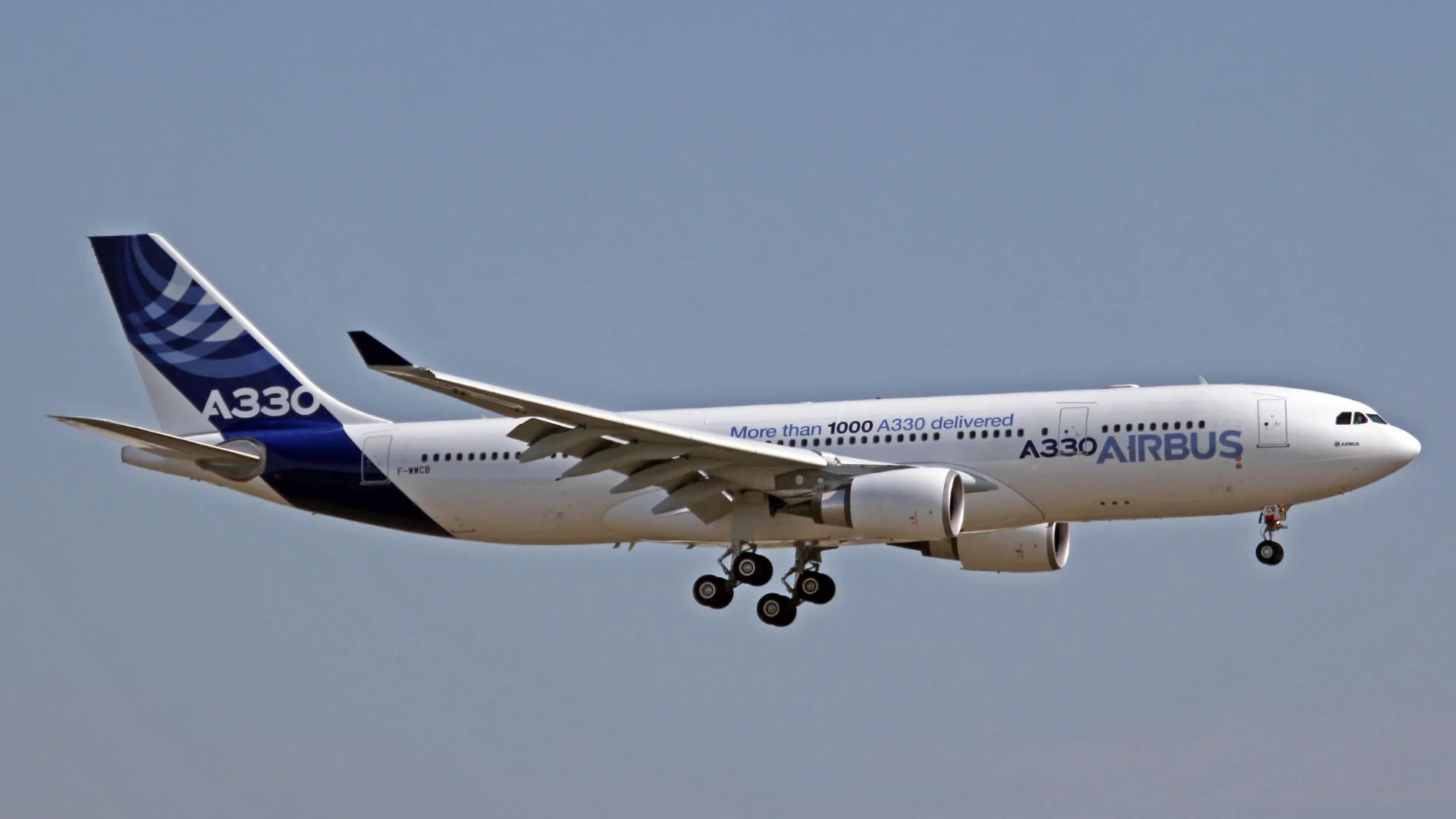"Boeing’s decision to launch the 777X program was driven by the need to maintain its position in the long-haul market," according to industry sources. As international travel demand grows, airlines seek aircraft that can carry more passengers on longer routes while lowering fuel costs and emissions. The 777X is designed to meet those expectations with high capacity, advanced aerodynamics, and extended range.
Traditionally, comparisons between long-haul widebodies focused on metrics like payload, range, and seat count. But as the industry shifts toward more sustainable operations, factors such as propulsion efficiency, fuel flexibility, and environmental performance have become equally important. This is where Rolls-Royce’s newly developed UltraFan engine comes into play.
The UltraFan introduces performance thresholds that exceed current standards and offers measurable gains in fuel efficiency. Its design supports larger fuselages and longer ranges with significantly lower emissions and noise output. The platform is scalable for both narrowbodies and high-thrust widebodies expected in the 2030s.
If matched with the right airframe, UltraFan could support a new large twinjet capable of outperforming Boeing's latest generation widebodies powered by General Electric GE9X engines in operational efficiency and sustainability.
"The British engine giant launched [the UltraFan] program with the goal of redefining propulsion standards for the next generation of commercial aircraft," according to company statements. The first full test of UltraFan took place back in 2023.
Rolls-Royce is developing UltraFan alongside Airbus, its closest industrial partner and likely early adopter. Airbus confirmed that UltraFan could eventually be adapted for both its long- and short-range aircraft.
Boeing equipped its 777X aircraft with General Electric's most advanced GE9X engines. During tests in 2017, it broke records for thrust output but faced trade-offs between power and efficiency compared to UltraFan's design.
"Boeing’s next-generation twinjet could eventually be competing with an aircraft powered by a newer, more adaptable engine," industry analysts suggest as competition intensifies between Boeing's current strategy tied to GE engines against potential future platforms like Airbus’s A350neo using Rolls-Royce technology.
 Alerts Sign-up
Alerts Sign-up





































